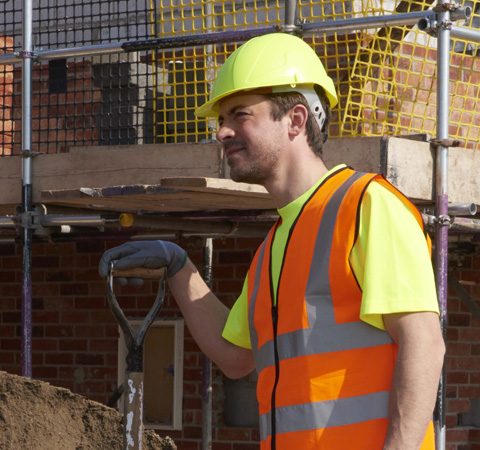Earlier this year, the European Union issued the New PPE Regulation (EU) 2016/425 designed to help improve health and safety work practices. While existing legislation around PPE is designed to ensure the highest level of safety protection, the new European PPE Directive 2016/425 will see the re-categorisation of some products over the course of the next two years. Sangeeta Aeri, Technical Manager at Supertouch talks through the basics.
In March 2016 the new European PPE Regulation (EU) 2016/425 was approved by the European Parliament, meaning that the PPE Directive 89/686/EEC is repealed on 21st April 2018 - resulting in a number of significant changes for the PPE market.
As most industry professionals will know, PPE directives break equipment down into three core categories defined by risk; Category 1 –simple, Category 2 –Intermediate and Category 3 –complex. As products shift up through the categories, manufacturers are required to abide by much tighter controls and regulations.
With this in mind, the new PPE regulation (EU) 2016/425 will see the following amends:
• Harmful noise- hearing protection to move from category II to III
• Drowning- Life jackets will move from category II to III
• High-pressure jets will move from category II to III
• Bullet wounds or knife stabs will move from category II to III
• Biological risks will move from category II to III
• Every piece of PPE is required to have a declaration of conformity or, a link to where it can be obtained.
• A compulsory certificate of validity for a maximum five-year period.
• Outlined the responsibilities for distributors and importers.
Further changes also include new responsibilities for importers and distributors of PPE as well as requirements for bespoke PPE.
For health and safety managers and those responsible for PPE procurement, the crux of the change will be during the purchasing phase and ensuring the correct equipment is specified and the right certification provided. Existing certificates featuring a date of expiry will remain valid until the specified date, even after the regulation comes into force. Existing certification with NO expiry date will expire seven years after the regulation comes into force. If new products and certificates are issued however, the validity must not exceed five years.
As the business continues to develop, Supertouch will work with our notified bodies SATRA and BTTG to understand the changes and how to help our customers manage the transition.
If you ’d like to speak with a member of our technical team or for more information, please contact Sangeeta Aeri, Technical Manager Email: sangeeta.aeri@supertouch.com or call 0121 565 5066.
New PPE Regulation Approved


